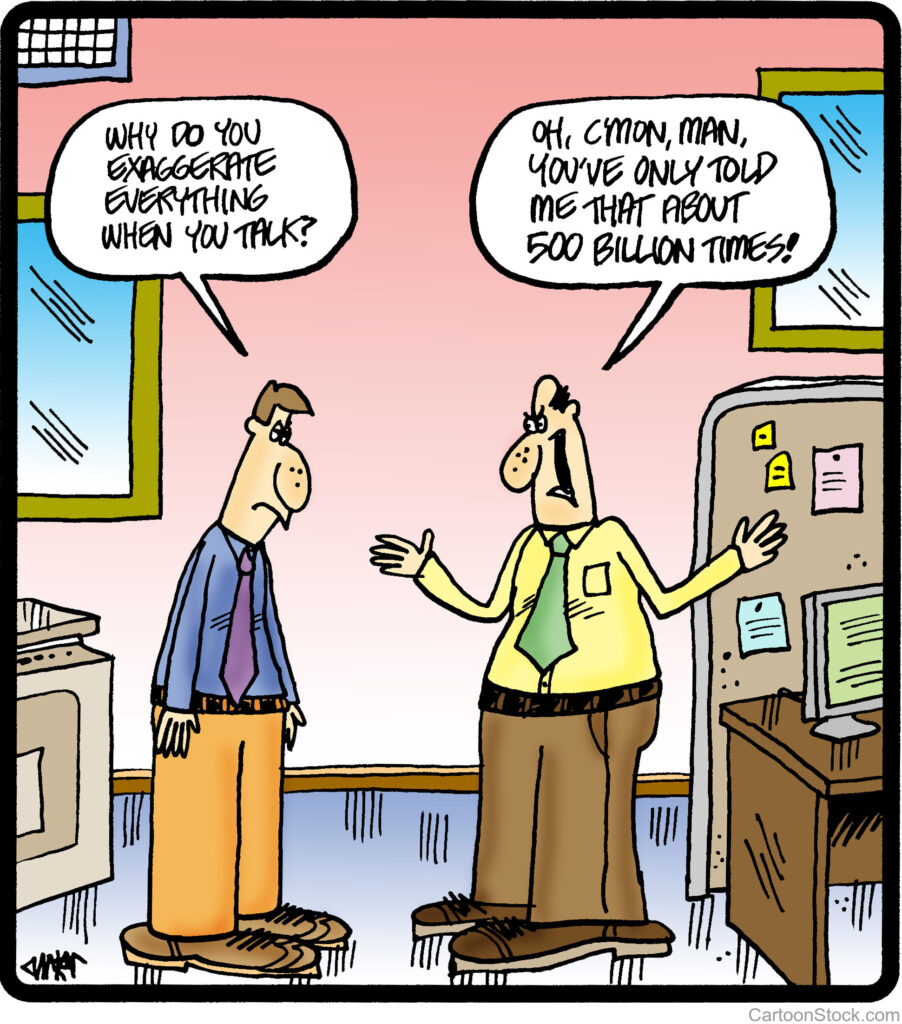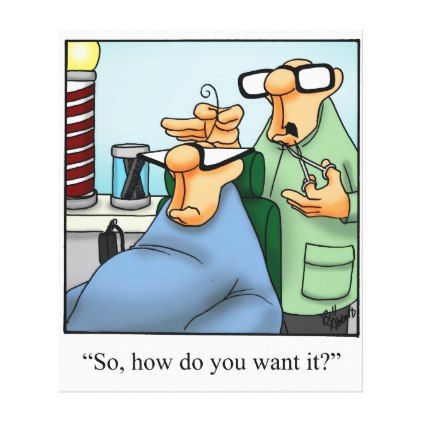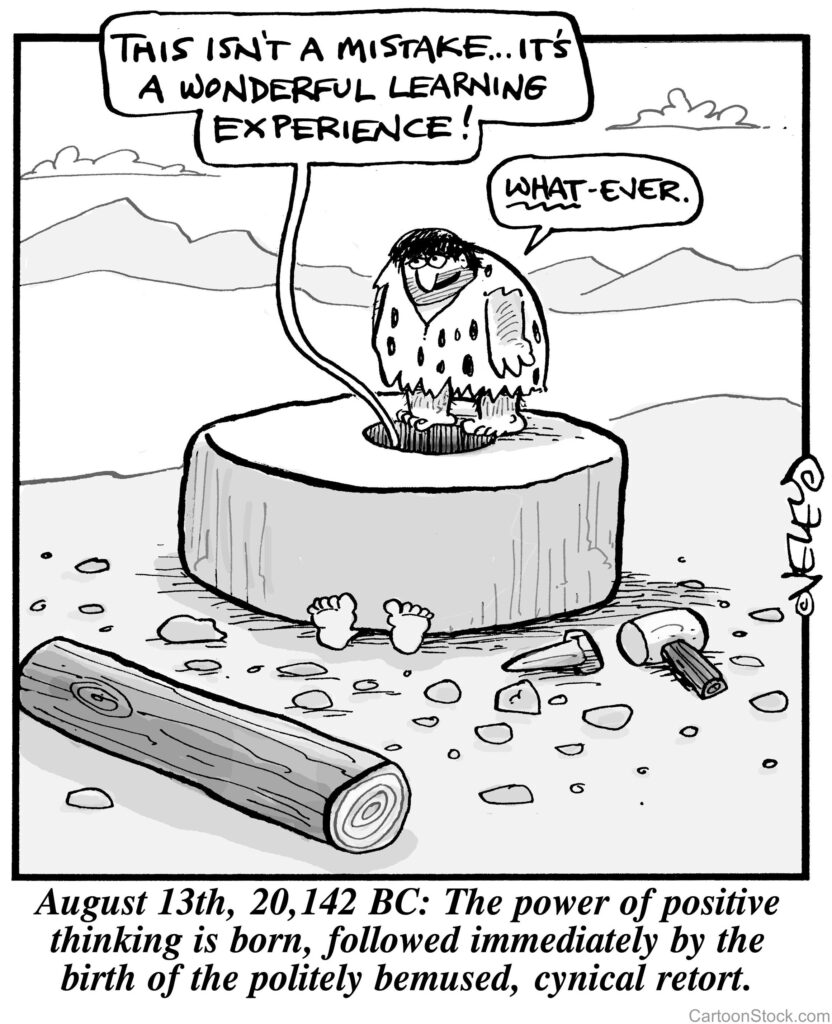
Superlatives
Superlative adjectives are seldom used correctly and they’re often overused. When we use words like best, worst, greatest, most, never, and always, we typically use them for emphasis, not accuracy. It’s sloppy usage and if used too often, the terms lose their meaning. Furthermore, overusing superlatives will ultimately undermine your credibility and weaken your voice. Used infrequently, they gain strength.
It’s easy to get into the habit of using superlatives casually or mindlessly: “It was the funniest thing I’ve ever heard” or “It’s the best show I’ve ever seen.” Be particularly careful when using superlatives to describe a person: “He’s always late.”; “She never thinks of anyone but herself.”
The overuse of superlatives in advertising has rendered it useless. When a company says it is the best roofing company in town or the finest kolache shop, or offers the freshest pasta in town, we all know better. Superlatives are like paper currency: issue too many and the value falls.
Potent words
Don’t flippantly use powerful words that should be reserved for special usage—phrases like “he’s brilliant” or “she’s a prodigy.” The frequent use of high-octane words (incredible, magnificent, one-of-a-kind) may project enthusiasm but when overused they become meaningless.
Some words may need to be retired: awesome, unique, different, great, stunning, amazing, incredible, literally. Instead of using these words—The movie was awesome. The wine is different.—be more specific and definitive: Why do you think the movie is awesome? Why do you think the wine is different? Instead of relying on worn-out, nondescript adjectives, explain your reasons “I enjoyed the movie because it addressed a social issue plaguing our society. The wine was not what I expected; a pinot grigio should have higher acidity.”
Repeating words can also undermine credibility. Saying, “We had a really, really awesome time,” is redundant.
Here’s an article about 12 words that have been so overused they really don’t mean anything anymore
Punctuation marks
My plea for moderation extends to the overuse of certain punctuation marks, particularly the exclamation point. It’s unnecessary to write, “I’m so excited about having lunch with you today!!!!!!!!” Using multiple exclamation marks consecutively dilutes the impact and is quasi-irritating. Years ago, I purposely began reducing my use of exclamation marks in my writing and correspondence. I started by limiting myself to five per year. In the past 24 months I can’t recall using even one.



